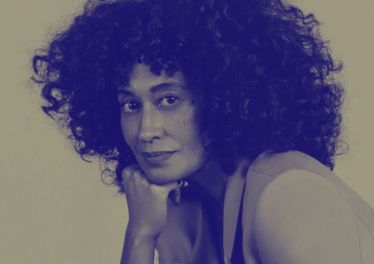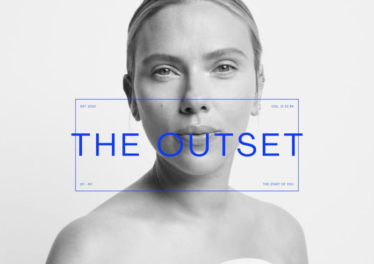This article is republished here from Yahoo/WWD
Pattern Beauty isn’t just a hair-care brand. To actress Tracee Ellis Ross, its chief executive office and founder, it’s personal.
“Like so many Black women and women with curly and coily and tight-textured hair, we could probably chronicle our journey through self-acceptance with our journey with our hair,” Ross said in conversation with WWD executive editor Booth Moore. “For many years I was on a personal journey and realized that there weren’t products out there to support me….That’s not to say that it didn’t exist, but it wasn’t being reflected through media, through advertising.”
She saw white space, and 10 years ago began envisioning her brand.
“At the time, the natural hair movement had not taken off…people did not understand the importance, the buying power and vastness of the community,” she said. “It was slowly growing. I think the term Black Girl Magic allowed the industry and the world to start to put a frame around a collective and vast community of people that are extremely beautiful and powerful and deserved products and shelf space, etcetera.”
She launched Pattern Beauty with shampoo, conditioner and leave-in conditioner via direct-to-consumer and at Ulta Beauty in September 2019, working with California-based brand incubator Beach House Group. Her aim is to provide hair care that is efficient (“A brand is nothing if the products don’t work.”) and nontoxic, but it’s deeper than that. Through the brand, she’s celebrating “the joy, the beauty, the importance and the power” of Black women and people of color.
“It’s a part of my life’s work, along with expanding our equity and owning our own narrative,” Ross said. “It’s a mission for me….I see a brand as a vehicle for communication. There’s an entranceway and bridge that connects you to your consumer. I don’t see it just as a relationship that is about selling. It’s a relationship that is earned and cultivated and articulated.”
Amid the impact of the coronavirus pandemic and social justice movement this year, that mission has been reinforced.
“Although we are not a social justice organization, we are inherently political, because the celebration of Blackness in the face of racism and systemic racism has a political and revolutionary nature to it,” she said. “When the murder of George Floyd happened and the uprisings began and this wave of reckoning that we have been in but that became so big and vocal in this moment, it would have felt irresponsible and disrespectful to continue with business as usual because nothing was business as usual.”
Pattern Beauty has been working with organizations that have like-minded missions of “equity and supporting women and people of color,” she continued. The brand has partnered with the African American Policy Forum, a social justice think tank, and donated to nonprofits Color of Change, Equal Justice Initiative and the NAACP Legal Defense and Educational Fund. Internally, she’s been “making sure that the table that we were at in creating this company was filled with all different kinds of voices, a holistic and inclusive group of people who could all chime in as a reflection of the community we were serving.”
That community will soon expand as the brand heads international. And Pattern Beauty isn’t limiting itself to hair. The actress also shared her hopes of entering into skin care.
“Not necessarily face first but body, which is very similar to hair in that you want to hydrate and protect your skin,” Ross said.



